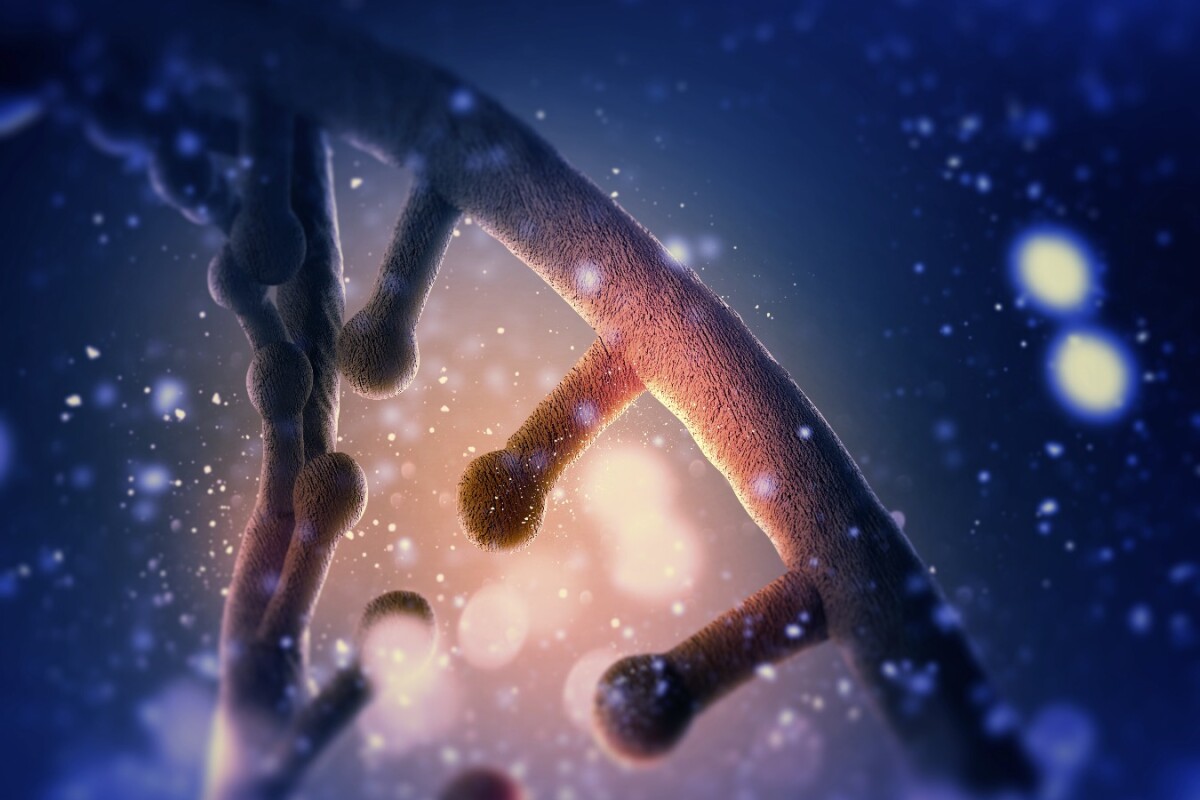The CRISPR-Cas9 gene-editing tool promises to radically change how disease is treated, with potential for tackling muscular dystrophy, HIV and retinal degradation, among others. Now, scientists at Western University in Ontario have edited the editor, adding a new engineered enzyme to CRISPR that can help prevent the target DNA from repairing itself and canceling out the desired changes.
With human trials kicking off recently, CRISPR's power comes from the ability to let scientists swap out sections of DNA, removing unwanted genes like those that might cause cancer or other diseases, and splicing in more helpful ones. Unfortunately, cells have a natural ability to fight back against the "damage" to their DNA molecules, which may undo the benefits.
"The problem with CRISPR is that it will cut DNA, but then DNA-repair will take that cut and stick it back together," says David Edgell, principal investigator of the study. "That means it is regenerating the site that the CRISPR is trying to target, creating a futile cycle. The novelty of our addition is that it stops that regeneration from happening."

The addition in question is an enzyme called I-Tevl, which is combined with Cas9, the DNA-cutting enzyme that gives the CRISPR-Cas9 tool its name. But where Cas9 only makes cuts in one site on the genome, the newly-created TevCas9 cuts in two places, making it much harder for the cell to repair.
As an added bonus, using TevCas9 appears to reduce the chances of unwanted side effects as a result of the cutting, by targeting genes much more directly.
"Because there are two cut-sites, there is less chance that these two sites occur randomly in the genome; much less chance than with just one site," says co-author, Caroline Schild-Poulter. "This remains to be tested, but this is the hope and the expectation."
The research was published in the Proceedings of the National Academy of Sciences.
Source: Western University






